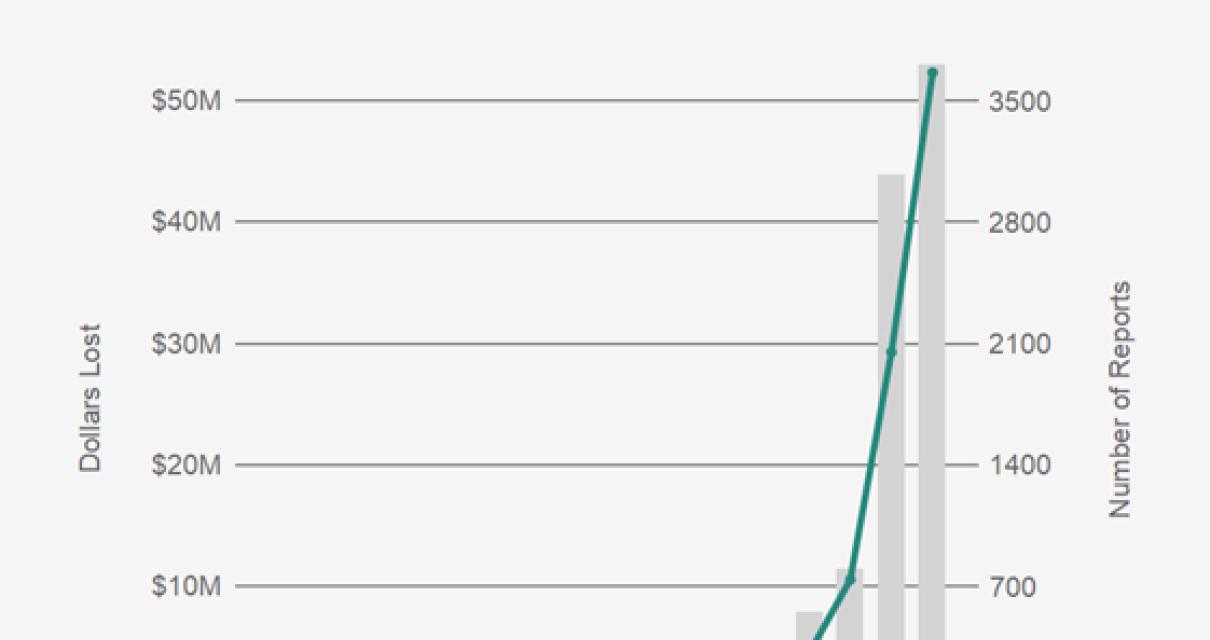The Benefits of Blockchain Investments
There are many benefits to investing in blockchain technology, including:
1. transparency: blockchain technology is inherently transparent, meaning all transactions and data are publicly available. This is a major advantage over traditional financial systems, which are often shrouded in secrecy.
2. security: blockchain technology is highly secure, meaning that it is difficult to hack or tamper with transactions. This is a major advantage over traditional financial systems, which are frequently subject to cyberattacks.
3. scalability: blockchain technology is highly scalable, meaning that it can handle large numbers of transactions without becoming bogged down. This is a major advantage over traditional financial systems, which are often unable to handle large volumes of transactions.
4. cost efficiency: blockchain technology is cost-effective, meaning that it can save businesses money on operations costs. This is a major advantage over traditional financial systems, which often require expensive infrastructure investments.
The Risks of Blockchain Investments
There are a few key risks associated with any investment, but the risks of blockchain investments are particularly high.
1. Lack of understanding. Blockchain is still relatively new technology, and as such, there is not yet a lot of understanding of how it works. This means that there is a risk that people who invest in blockchain will not be able to understand what they are investing in, and may end up losing money.
2. Volatility. The value of cryptocurrencies and blockchain assets is highly volatile, and this can make them dangerous to invest in. If the value of a cryptocurrency or blockchain asset falls, you may lose all of your investment.
3. Security. Cryptocurrencies and blockchain assets are not backed by any physical assets, meaning that there is a risk that they may be stolen or destroyed. This can lead to losses for investors.
4. Regulatory uncertainty. The legal status of cryptocurrencies and blockchain assets is unclear, which could lead to legal issues for investors. This could make it difficult for them to access their money, or to sell their investment if they want to.
5. Technical difficulties. Cryptocurrencies and blockchain assets are complex technologies, and there is a risk that they may not work as expected. This could lead to losses for investors who invest in them.
The Future of Blockchain Investments
The future of blockchain investments is still unknown, but there are several possibilities.
The first possibility is that the technology will become more mainstream and accepted, which would lead to an increase in the value of blockchain investments. Another possibility is that the regulators will start to take a more positive stance towards blockchain, which would lead to an increase in the value of blockchain investments.
However, it is still unclear whether or not blockchain will become mainstream and accepted, and it is also uncertain whether or not the regulators will take a more positive stance towards the technology. Therefore, it is difficult to predict the future of blockchain investments.
The Pros and Cons of Blockchain Investments
There are a few pros and cons to investing in blockchain technology. On the pro side, blockchain is an innovative technology that has the potential to revolutionize many industries. On the con side, blockchain is still in its early stages, and there is still a lot of uncertainty about its long-term prospects.

What Blockchain Investors Need to Know
1. What is blockchain?
Blockchain is a digital ledger of all cryptocurrency transactions. It is decentralized, meaning it is not subject to government or financial institution control. Transactions are verified by network nodes and then recorded in a public list.
2. What are the benefits of using blockchain technology?
Some of the benefits of using blockchain technology include:
-Immutability: Transactions on a blockchain are irreversible, which makes them secure and difficult to tamper with.
-Transparency: Every transaction on a blockchain is publicly available and can be verified by anyone.
-Decentralization: Blockchain is decentralized, meaning that it is not subject to government or financial institution control. This makes it an attractive option for businesses that want to avoid the risks associated with centralized systems.
3. How is blockchain different from other digital ledger technologies?
Blockchain technology is different from other digital ledger technologies because it is decentralized and transparent. Other digital ledger technologies, such as the blockchain, are used to track the ownership of cryptocurrency.

Why Blockchain Investments are Worth Your Time
and Trust
There are many different types of blockchain investments, and each one has its own unique benefits and risks. Before you decide to invest in a blockchain project, it's important to understand what makes each type of blockchain investment worth your time and trust.
Bitcoin and Ethereum are the most popular cryptocurrencies on the blockchain, and they're both based on the blockchain technology. Bitcoin is known for its high volatility, while Ethereum is more stable.
The biggest benefit of Bitcoin and Ethereum is that they're decentralized. This means that they're not controlled by any one individual or organization, which makes them a more secure and reliable form of currency.
Bitcoin and Ethereum also have a lot of potential for growth. Bitcoin has already been adopted by a number of major retailers, and Ethereum is being used to create smart contracts and other applications.
However, Bitcoin and Ethereum are not without their risks. Bitcoin and Ethereum are both very volatile, which can make them difficult to invest in and risky. Additionally, Bitcoin and Ethereum are not legal tender, which means that they cannot be used to purchase goods and services.
There are also a number of other types of blockchain investments available. Some examples include blockchain-based currencies like Litecoin and Ethereum Classic, and blockchain-based investing platforms like ICOBox.
It's important to research each type of blockchain investment before making a decision, as each has its own unique benefits and risks.